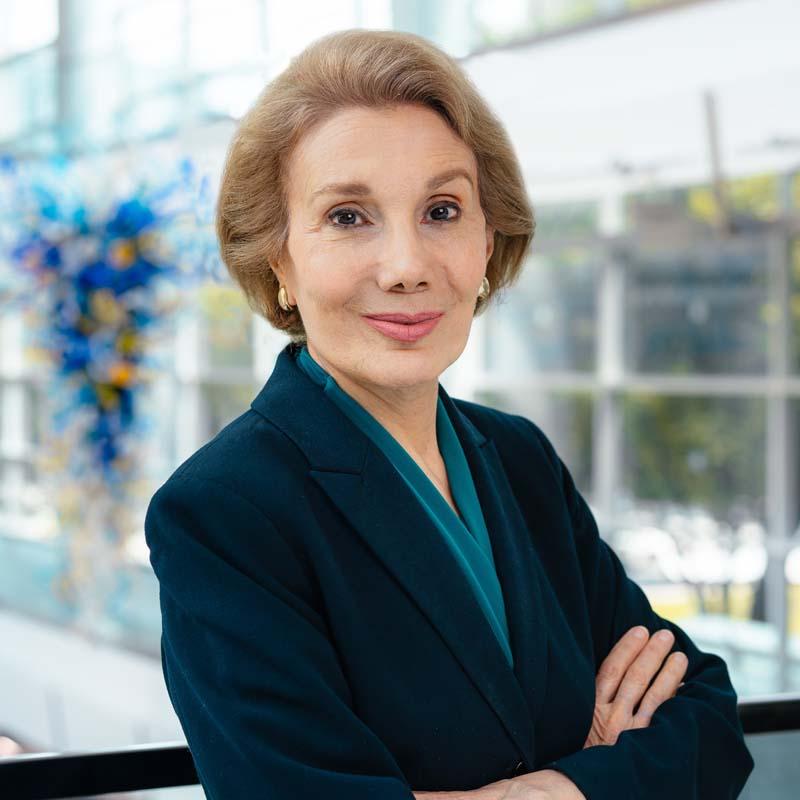How Different Fields Are Using GenAI to Redefine Roles
Apr 16, 2024 —

There is an expectation that implementing new and emerging Generative AI (GenAI) tools enhances the effectiveness and competitiveness of organizations. This belief is evidenced by current and planned investments in GenAI tools, especially by firms in knowledge-intensive industries such as finance, healthcare, and entertainment, among others. According to forecasts, enterprise spending on GenAI will increase by two-fold in 2024 and grow to $151.1 billion by 2027.
However, the path to realizing return on these investments remains somewhat ambiguous. While there is a history of efficiency and productivity gains from using computers to automate large-scale routine and structured tasks across various industries, knowledge and professional jobs have largely resisted automation. This stems from the nature of knowledge work, which often involves tasks that are unstructured and ill-defined. The specific input information, desired outputs, and/or the processes of converting inputs to outputs in such tasks are not known a priority, which consequently has limited computer applications in core knowledge tasks.
GenAI tools are changing the business landscape by expanding the range of tasks that can be performed and supported by computers, including idea generation, software development, and creative writing and content production. With their advanced human-like generative abilities, GenAI tools have the potential to significantly enhance the productivity and creativity of knowledge workers. However, the question of how to integrate GenAI into knowledge work to successfully harness these advantages remains a challenge. Dictating the parameters for GenAI usage via a top-down approach, such as through formal job designs or redesigns, is difficult, as it has been observed that individuals tend to adopt new digital tools in ways that are not fully predictable. This unpredictability is especially pertinent to the use of GenAI in supporting knowledge work for the following reasons.
Continue reading: How Different Fields Are Using GenAI to Redefine Roles
Reprinted from the Harvard Business Review, March 25, 2024
Maryam Alavi is the Elizabeth D. & Thomas M. Holder Chair & Professor of IT Management, Scheller College of Business, Georgia Institute of Technology.
Lorrie Burroughs




